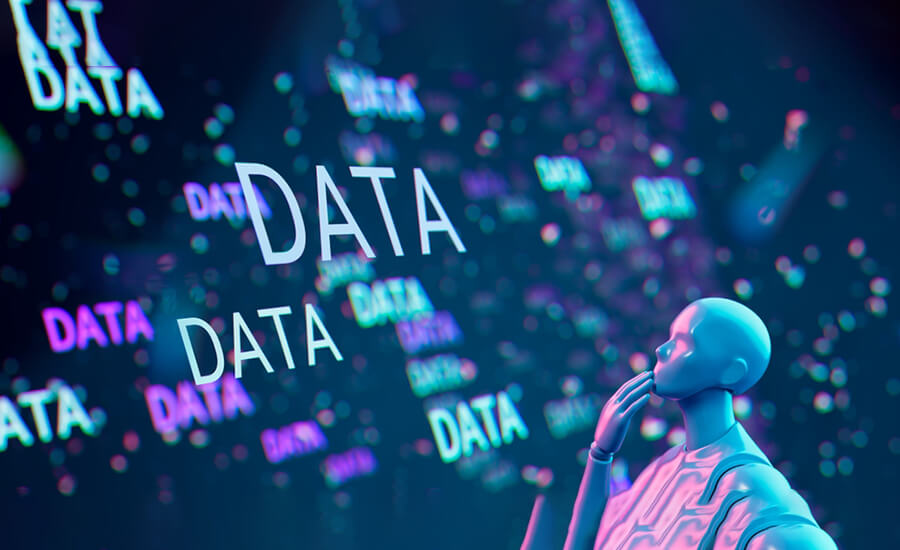We live in the age of data, where every click, purchase, and interaction generates valuable information. Simultaneously, we are witnessing an exponential growth in artificial intelligence (AI) capabilities. When these two phenomenons intersect, an unstoppable force is formed that holds the power to reshape industries, governments, and lives.
Big Data refers to the vast amounts of data produced every second of every day, from social media posts to health records to GPS coordinates. However, data alone is like a vast, unexplored ocean. It is in harnessing and interpreting this data that its real value lies. Here’s where AI steps in.
AI, especially machine learning algorithms, thrive on data. They learn from it, recognize patterns within it, and generate predictions based on it. The more high-quality data an AI system has to work with, the more accurate its outputs can be.
One of the most obvious applications of this AI-Big Data synergy is in personalized recommendations. Streaming services like Netflix and Spotify, and e-commerce giants like Amazon, leverage user data and AI to provide tailor-made recommendations, enhancing user experience and driving sales.
The healthcare sector, too, is reaping the benefits of AI and Big Data. AI algorithms can sift through vast amounts of patient data to predict health risks, guide treatment plans, and even aid in drug discovery.
In finance, AI systems analyze big data from various sources to detect fraudulent transactions, forecast market trends, and personalize financial advice. Meanwhile, in agriculture, data from weather patterns, soil conditions, and crop health can be processed by AI to optimize irrigation, fertilization, and pest control.
However, while the combination of AI and Big Data holds immense potential, it also brings about significant challenges. One of the most pressing is ensuring data privacy and security. As more data is collected and analyzed, it is vital to protect this information from misuse and breaches.


Ethical considerations are also paramount when implementing AI. We must ensure that AI systems do not inadvertently reinforce existing biases in the data they are trained on. The fairness and transparency of AI decisions is another area that requires careful attention.
Moreover, as AI systems become increasingly autonomous, it is essential to maintain a level of human oversight. AI is a tool, and its use should ultimately be guided by human judgement and values.
In conclusion, AI and Big Data together form a powerful duo with the potential to revolutionize industries and society at large. Yet, as we harness this potential, it is crucial to navigate the accompanying challenges with care, ensuring that we prioritize privacy, ethics, and human agency. In doing so, we can make the most of this unstoppable combination, using it as a force for positive change and progress.

